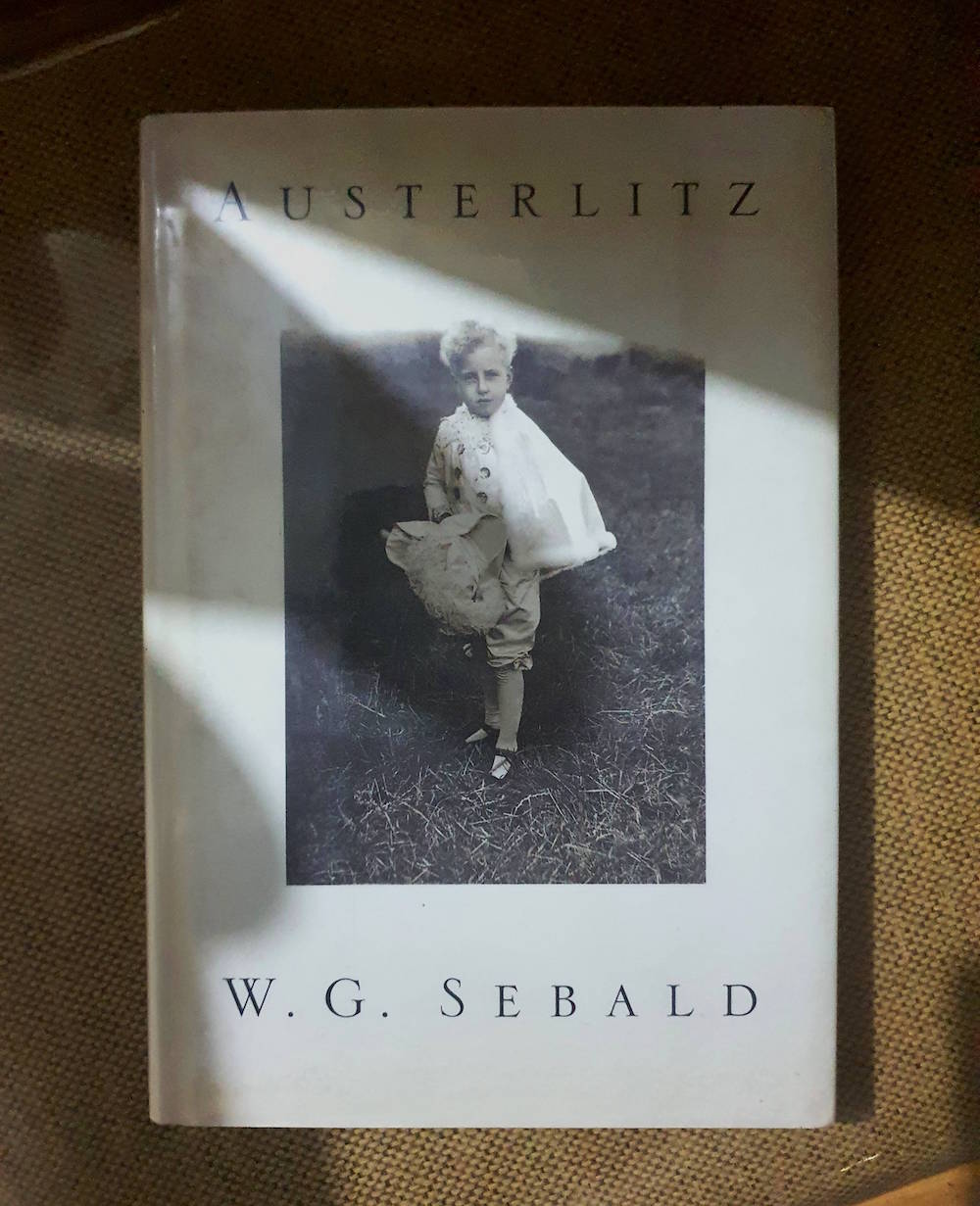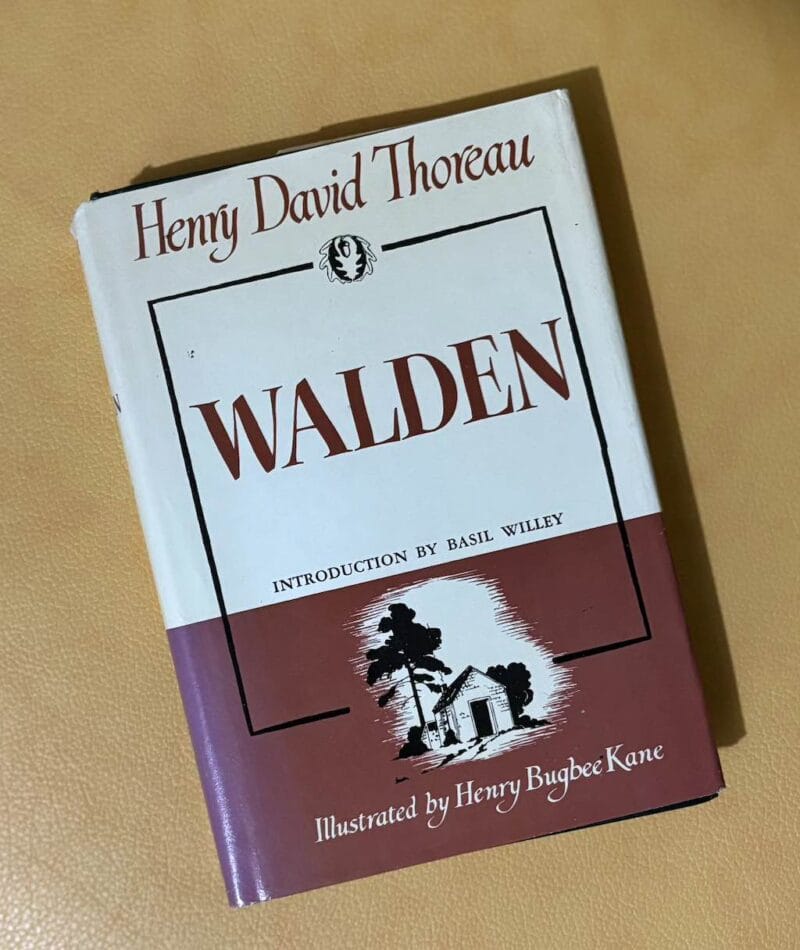W. G. Sebald’s novel, Austerlitz (2001), focuses on Germany’s history during World War II and the Holocaust in particular. It is a haunting tale of Jacques Austerlitz, a Jewish survivor of the Nazi regime who only realizes his actual identity as an adult when he traces back his memories of the world he left behind half a century before.
From a rescue operations of Jewish children in the summer of 1939, Austerlitz was raised by a Welsh Methodist preacher and his wife who tell him nothing about his original family—they immediately remove all traces of his previous identity from his mind, and he grows up completely unaware of his origins.
An unnamed narrator whose identity is unknown tells the story in a first-person narrative, from the point of view of someone who has little or no relationship to the main characters’ lives. It’s possible that the narrator is a doppelgänger of Sebald himself, but it’s a leap too obvious to make in such a dense work. Austerlitz recounts his life story to the narrator, which is about his quest to retrace his ancestors’ footsteps in Nazi-occupied Central Europe in the 1930s and 1940s.
This book is for those who love meandering contemplation of one’s own history. Throughout the book, Sebald examines the common human need for identity and the battle to impose consistency on memory, a process made more difficult by the mind’s defenses against traumatic experiences.
It’s impossible not to be enchanted by Austerlitz’s range of themes that looms over the characters like a giant shadow. Among these are the three major cities that hover over the book–London, Paris, and Prague–which serve as props for the author’s breathtaking picture of the world.
Austerlitz won the National Book Critics Circle Award in 2001 and is W. G. Sebald’s last work.
Memorable Quotes
In my photographic work I was always especially entranced, said Austerlitz, by the moment when the shadows of reality, so to speak, emerge out of nothing on the exposed paper, as memories do in the middle of the night, darkening again if you try to cling to them, just like a photographic print left in the developing bath too long.
Page 77, Austerlitz by W. G. Sebald
And is not human life in many parts of the earth governed to this day less by time than by the weather, and thus by an unquantifiable dimension which disregards linear regularity, does not progress constantly forward but moves in eddies, is marked by episodes of congestion and irruption, recurs in ever-changing form, and evolves in no one knows what direction?
Page 101, Austerlitz by W. G. Sebald
I feel more and more as if time did not exist at all, only various spaces interlocking according to the rules of a higher form of stereometry, between which the living and the dead can move back and forth as they like, and the longer I think about it the more it seems to me that we who are still alive are unreal in the eyes of the dead, that only occasionally, in certain lights and atmospheric conditions, do we appear in their field of vision.
Page 185, Austerlitz by W. G. Sebald
Further Reading
Why You Should Read W. G. Sebald by Mark O’Connell, The New Yorker
Another time, another place by Charles Saumarez Smith, The Guardian
In the Nocturama — on W.G. Sebald’s ‘Austerlitz’ (1/2) — AB+C 77, by About Buildings + Cities, Youtube
A Translator’s View by Anthea Bell, Hamish Hamilton
Changing perspectives on W.G. Sebald by Uwe Schütte, Liverpool Blog




